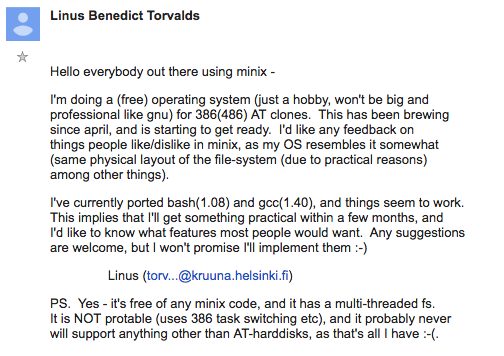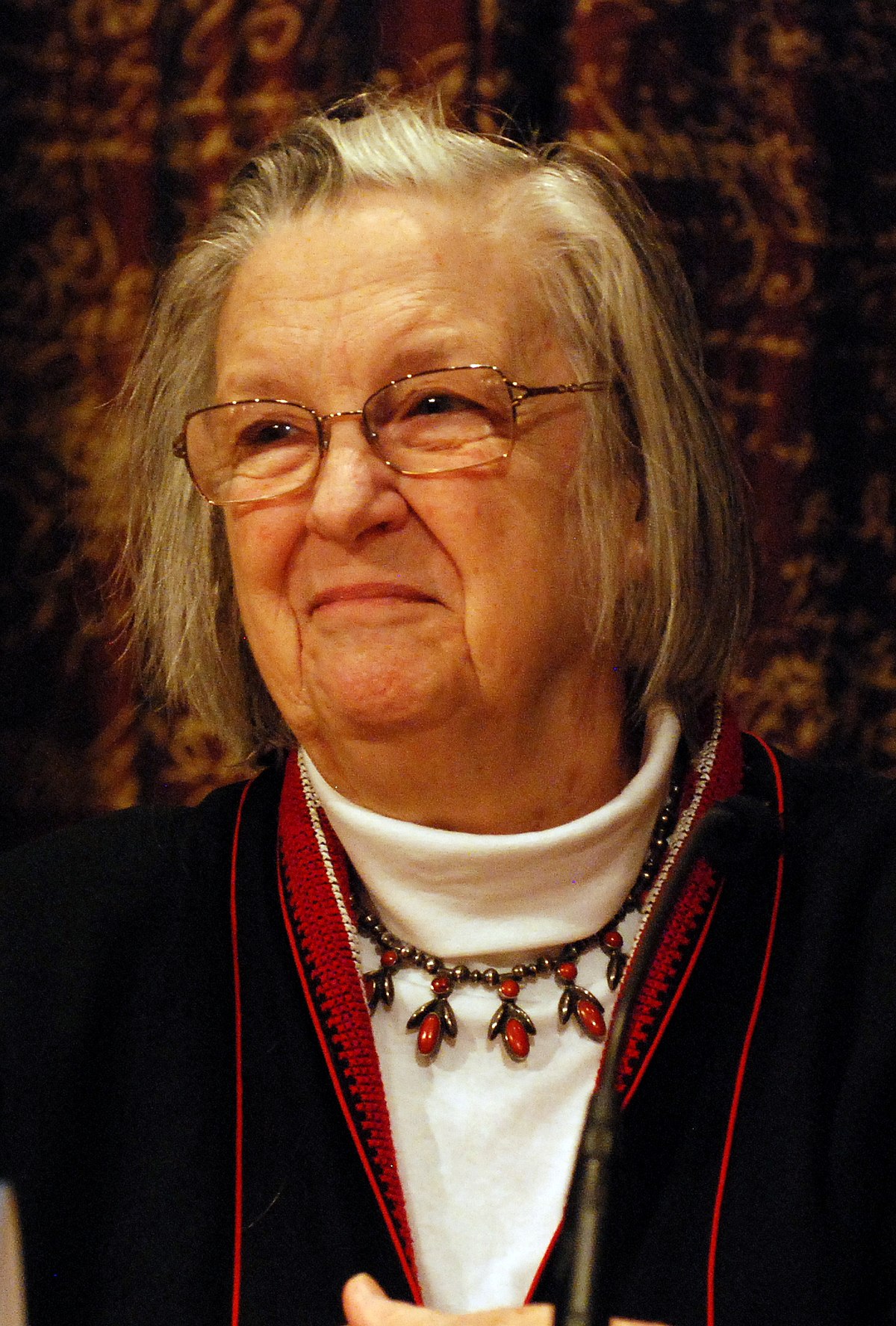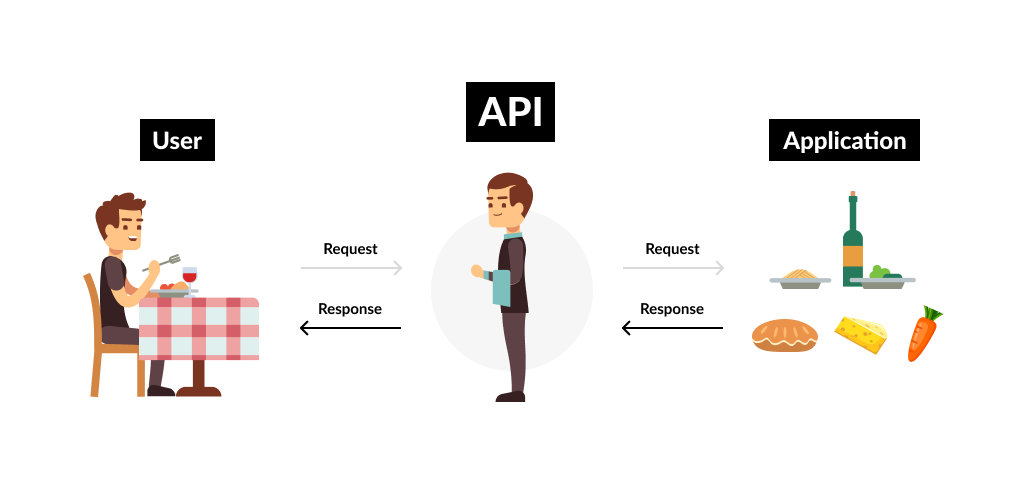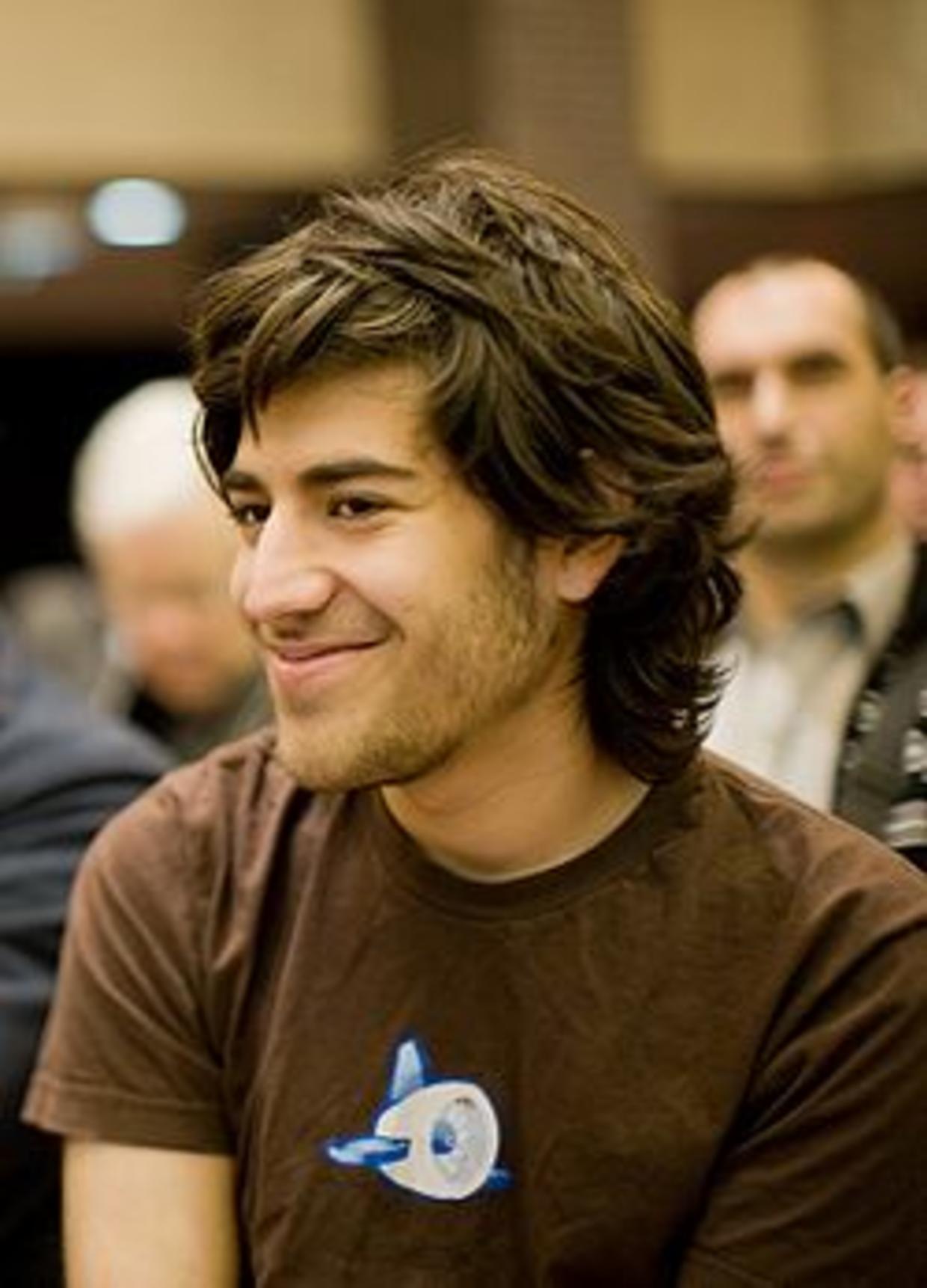overview
summary
- intro
- intro
- the commons
- the commons
- the copyrights
- the copyrights
- the platforms
- the platforms
- the API
- the API
- the blockchain
- the blockchain
- break
- break
- programming
- programming
- conclusion
- conclusion
intro
digital culture - platforms
welcome!
housekeeping
n/a
plan for today
what are the new ways to make money online?
- the commons and open-source
- the role of the platforms and the life below the API
- the blockchain
- group work and html/css
the commons
linux

what is linux?
an operating system that is the result of the global, non-commercial distributed workforce.
- 85% of all smartphones
- 96% of all websites
- 4.5% of all laptops
Linux is the most widely-used operating system in the world, with both an incredibly democratic aspect (the cheapest Android phones on the planet run on Linux) and specific (every single one of the top 10 supercomputers in the world run Linux). It's also the only operating system running on the International Station, and the only operating system which went to Mars.
The intersection of all these domains is due to very special conjunction: Linux is both amongst the best operating systems, and the cheapest.
As the flagship example of open-source, it also represents a new way to create value in an information economy.
wikipedia
elite knowledge vs. crowd knowledge
reasons to edit wikipedia?
The story behind Wikipedia is that of the surprise that a lot of people responsible in a distributed manner are much more efficient than a few, centralized ones.
However, for such an organizational model to improve, one needs to adapt the rules. Indeed, Wikipedia's editing practices are very different from that of a journal.
shared ownership
what is a commons?

elinor ostrom, 2009 economics nobel laureate for her work on governing the commons
- Define clear group boundaries.
- Match rules governing use of common goods to local needs and conditions.
- Ensure that those affected by the rules can participate in modifying the rules.
- Make sure the rule-making rights of community members are respected by outside authorities.
- Develop a system, carried out by community members, for monitoring members’ behavior.
- Use graduated sanctions for rule violators.
- Provide accessible, low-cost means for dispute resolution.
commons-based peer-production of value
- linux
- wikipedia
- seti@home
- slashdot
- distributed proofreaders (gutenberg project)
- openstreetmap
- community gardens
- firefox
While first coming into the spotlight with the article "Tragedy of the Commons", commons is that which belongs to all: ideas, sunsets, water, air, etc. The question then arises regarding how do we manage these? Based on Harding, the assumption was that commons was a doomed endeavour, since humans are essentially selfish (see: game theory & the prisoner's dilemma). However, Ostrom led an empirical study on how fisheries (also commons) were managed by fishermen and won a Nobel Prize for her work on commons management, highlighting 8 principles—spoiler: people manage their commons quite well.
In the cultural sense, commons took a different turn when articulated with communication technologies. The commons now had a possibility to be manifested in different areas. One of these areas is, for instance, the circulating of academic materials amongst the public.
Commons-based peer-production of value is a term coined by Yochai Benkler. It is due to the falling costs of production means that digital information goods are increasingly produced in lieu of market compensation and property incentives. In other words, because individuals require so few resources to contribute to informational projects, they do not expect payment or property rights. Individuals essentially ‘gift’ their knowledge and informational labor to the public on sites including Wikipedia in return for ‘psychological well-being and gratification’ and ‘social connectedness’. For Benkler, this is nothing short of a new non-market and cooperative mode of producing economic value that is transforming Adam Smith’s The Wealth of Nations into The Wealth of Networks.
open source vs. free software
an economical model vs. a philosophical approach
what would be some of the advantages of using a product which everyone else has access to?
- virtue signalling (tesla, facebook)
- faster, don't reinvent the wheel
- customizable
what are the disadvantages?
- legal
On one side, open-source retains some rights for use and distribution of the software (with possibly still traditional licenses), while free software doesn't have any conditions attached to it, except that anything created with its help should also be made publicly available.
Free software's approach is that there is no real reason for an economic incentive to be required when it comes to making software; people made software before it was commercial, and arguably people make better software when it is not commercial.
Related is how the software is built: both involved decentralized collaboration, but can still have a core team of contributors.
Some of the advantages to using open-source software is the externalization of costs. The disadvantage is the dependency on external factors.
creating value
the networked society, enabling the "open-sourcing" of:
- journalism
- culture
- science
- etc.
For journalism, it's things like the HuffPost and Rue89 and Global Voices.
For culture, it's the collaboration around videogames, music tracks (Soundcloud), fan fictions (Harry Potter, Star Wars) or bottom-up classification models (folksonomies, used in places like Tumblr and Twitter, with trending topics)
For science, it's SETI@Home, or the folding of molecules
the limits of those models
what are some limits to this model? would it always work?
commons-based peer-production sidesteps:
- the need for monetary compensation
- emotional involvement is much higher than in regular production
- spontaneous movements must become organized to survive -> benevolent dictator
- lack of explicit inclusivity and accountability (leading to, e.g. wikipedia feminist edit-a-thon
the copyrights
rival and non-rival production
if i take some, you lose some
if i take some, you don't lose anything
Both the consumption and creation of culture were heavily influenced by other technological advances which weren't related to communication technology (i.e. the internet). It stands in the wake of similar technological revolutions, such as the printing press (for books) as well as the gramophone (for music) and the film (for visual arts). As such, it is not so much the internet, but the computer which enabled a new way of doing things; with computing, it became incredibly easier to receive, create and distribute user-generated content.
the purpose of copyright
why was copyright established in the first place?
to foster the advancement of arts and sciences
publishing assocations that benefit from royalties: mpaa / riaa
To protect the invention of an individual, to act as an incentive to put in the work to "advance the arts and sciences".
Universities pay too much for journal fees, even though the researchers writing them are not paid, nor are the reviews.
You can read a piece about it on The Guardian.
regimes of copyright
iTunes pioneered the change.
on the one side, the MPAA and RIAA are preserving profit
on the other side, copyrighted content does generate value
as a response, copyleft licenses emerged to preserve the right to copy, remix and re-use:
- creative commons
- GNU public license
- Open Access
Is it stealing if the original owner doesn't lose their copy? The criminalization of computers and computer use, the downloading and uploading of copyrighted files, came at a moment when the entertainment industry failed to adjust to the new modes of distribution. It is with the advent of iTunes, and Digital Rights Management (DRM), that it became possible to enforce copyright law as it existed. In parallel with these DRM tools, the development of streaming, and thus the rise of lending over owning switched the market; it is now more important to have access to something, rather than to own it.
So copyright in itself is not technically censorship, as the only reasons for copyright to exist are monetary profit and "the advancement of the arts", but copyright holders were the first to show that you can tie someone's digital identity to someone's legal identity. This is what iTunes did: you have a digital product tied to your account.
The question is also raised about cultural appropriation: how come copyright doesn't apply to Gucci when they copy the style of a homeless person?
regulating copyright
should ISPs be responsible for the content uploaded to their platform? (netzDG in Germany, Loi Avia in France)
should we switch the focus from the users to the providers?
The battle for copyright today is also the battle for the freedom of information. Because computers are by definition copying machines, making them more restrictive stifles their overall abilities (technical drawback) and because the penalties are so huge for copyright infrigements (legal drawback) that all actors would rather be overshooting their censorship target than undershooting their censorship target.
the platforms
providing infrastructure
what is a platform?
- uber
- ebay
- craigslist
platform economy:
- use of information brokerage for the creation of value
- use of technical systems to reconsider the conditions of work
- reliance on the network effect
platforms are technical intermediaries organizing access to services and products between its users.
- platforms create a space for communication
- doesn't create the actual content, but its organization
but it's also a term that gets deployed strategically.
a platform is an infrastructure which connects different actors (most often, sellers and buyers), and therefore has a unique economic component, and depends heavily on the network effect (the more people use it, the more attractive the platform becomes).
It also has a governance component: it decides how users should interact with one another.
Finally, it has a cultural impact: it changes how users behave in their lives and interactions with one another (twitter, tiktok, etc.)
roles and responsibilities
what responsibility have platforms had on modern society?
are they responsible for what takes place on the platform?
platforms are the only ones who have full visibility
they have had an impact on the development of markets: connecting everyone, and therefore redistributing power and agency (no middle-management, for instance, in uber).
Particularly, information asymmetry is a significant issue. Because platform users are always individualized, they are the only ones who have full visibility of the ecosystem, and therefore can manipulate it at their own advantage:
- amazon market place promotes its own products
- apple store arbitrarily allows access to publishers
- spotify includes tracks in their sponsored playlists
- uber forces drivers to work longer than they want through gamification mechanics
commercial takeover
the value creation is co-opted by platforms. how?
- information asymetry
- monopoly
- data profiles
-> through an automatic share of the transaction
-> through venture funds waiting for advertisement revenue
-> through user contribution
cookies for the oracle
unique text identifiers that build up profiles across websites and services
The way cookies work, is that they store information on your browser, to remember you when you switch tabs, when you close your browser, when you shutdown your computer, etc.
They can be used by companies such as Facebook, via their Pixel, or Google, via their AdNetwork, to build up information on what you do online, and thus a consumer profile. These are then packed up by middle-companies, sold to Oracle for their Data marketplace, and then used by advertisers to choose which ad to show you on your next visit.
hybrid models
how much would you pay for facebook/twitter/instagram?
facebook is considering charging 11$/month
the API
the magic
what all platforms have in common is an API, it's their real product.
API is an Application Programming Interface
it's a very broad term to denote any way in which a digital system can talk to another digital system.

an API call is all that's needed to trigger to algorithm, e.g.:
https://api.deliveroo.com/restaurant/09287328y238746234fd/menu/kebab?value=21
https://api.uber.com/rides/23097uih34ifuh238723/request?start=menton&end=nice&surge=true
the intermediary becomes just technical apparatus
and creates jobs below the API
The bizarre point is that this is when code directly controls humans. We start to have a direct conflict of interest between the strive for software to be optimized and the need for humans to be respected. We've moved from Charlie Chaplin's cogs to Lidl's voice commands.
delegating ownership
optimize logistics
platforms delegate responsibility by shifting them to users (both clients and producers)
and to shift some of these under the guise of convenience
some of the tasks that have shifted include management and evaluation.
uberization of the economy
access over ownership
flexibility over structure
individual over collective
nothing more than a hyper-liberalization of the workforce.
some responses
the power of legislation
GDPR and cookies
cookies are a unique fingerprint which allow organizations to track the behaviour of users
The Digital Markets Act is the EU’s law to make the markets in the digital sector fairer and more contestable. In order to do so, the Digital Markets Act identified gatekeepers.
(online search engines, app stores, messenger services, buying and selling platforms)
in the end, platforms are very much still dependent on legislation (which is why they spend so much money on either lobbying or voluntary spending on social contributions)
These legislations will make Uber and co. comply. The biggest challenge now in the EU is not the legal framework, but the actual application. Right now, it's limited to the country hosting the company, and this country is usually Ireland which, for tax reasons, doesn't want to prosecute too harshly. As a response, the EU is currently (fall 2022) working on the Digital Markets Act to regulate competition.
the blockchain
decentralized trust
recreating uniqueness
bitcoin was the first time that something called the "double-spending problem" was satisfyingly solved.
applications
- bypassing centralized institutions
- enforcing the uniqueness of a document
- money trail
proof of work -> proof of stake
nfts
art as exchange value, through the ability to recreate scarcity.
break
break
10min
programming
making a menu
display and href
programming
javascript
conclusion
platforms in society
-> have economical, political and cultural impacts due to getting people to talk at a low cost
-> redistribute agency by switching to a machine-machine interaction via APIs
-> platforms can exist both as a private company and as decentralized commons
-> techno-solutionism vs. legal frameworks (digital services act, digital market act)
next week
-> meeting online
-> group by group checkin
-> still supposed to attend
